ozone or salt water?
happylamom
12 years ago
Featured Answer
Sort by:Oldest
Comments (8)
poolguynj
12 years agotrhought
12 years agoRelated Professionals
Clinton Swimming Pool Builders · Alexandria Landscape Contractors · Andover Landscape Contractors · Emmaus Landscape Contractors · La Verne Landscape Contractors · Olympia Landscape Contractors · West Haverstraw Landscape Contractors · New Carrollton Landscape Contractors · Vadnais Heights Landscape Contractors · Castle Rock Decks, Patios & Outdoor Enclosures · Hyattsville Decks, Patios & Outdoor Enclosures · Larkspur Decks, Patios & Outdoor Enclosures · Mastic Decks, Patios & Outdoor Enclosures · Santa Ana Decks, Patios & Outdoor Enclosures · Surfside Decks, Patios & Outdoor Enclosurestrhought
12 years agoroarah
12 years agopoolguynj
12 years agotrhought
12 years agoroarah
12 years ago
Related Stories

MY HOUZZMy Houzz: Charming Update for a 1920s Bungalow in Salt Lake City
Travel-inspired style and new finishes help the original character shine through in this designer’s home
Full Story
HEALTHY HOMEHow to Choose a Home Water Filtering System
Learn which water purification method is best for your house, from pitchers to whole-house setups
Full Story
SAVING WATER11 Ways to Save Water at Home
Whether you live in a drought-stricken area or just want to help preserve a precious resource, here are things you can do to use less water
Full Story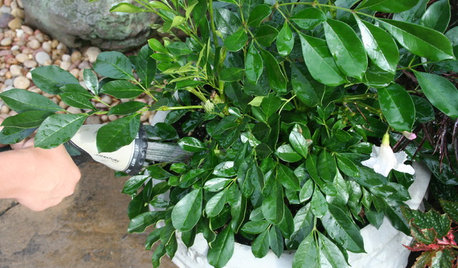
CONTAINER GARDENSContainer Garden Basics: How and When to Water Potted Plants
Confused about soil moisture, the best time to water and what watering device to use? This guide can help
Full Story
ARCHITECTUREWant to Live by the Water? What You Need to Know
Waterside homes can have amazing charm, but you'll have to weather design restrictions, codes and surveys
Full Story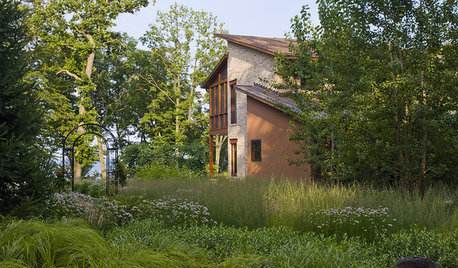
GARDENING GUIDES8 Unthirsty Plants Help You Save Water in Style
Spend less effort and money on your landscape with drought-tolerant and native plants that liven up your yard
Full Story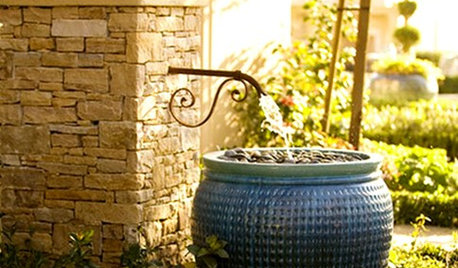
GREEN BUILDINGJust Add Water: Rain Barrel Magic
Take your rainwater storage from practical to beautiful with a new breed of design-friendly rain barrels
Full Story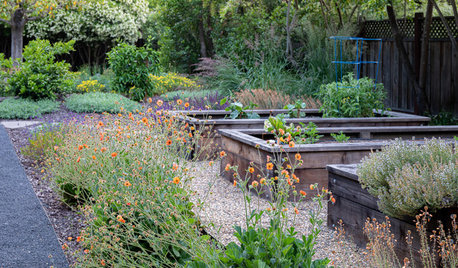
GARDENING GUIDESEssential Watering Tips for Your Edible Garden
To give your edible plants just what they need, check out these guidelines for how, when and how much to water
Full Story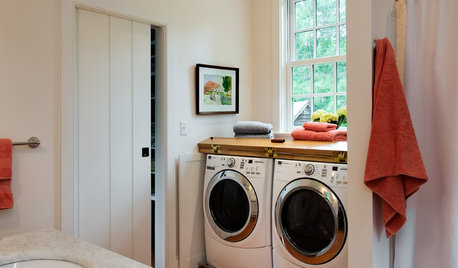
GREEN BUILDINGWater Sense for Big Savings
Keep dollars in your pocket and preserve a precious resource with these easy DIY strategies
Full Story
GREAT HOME PROJECTSHow to Switch to a Tankless Water Heater
New project for a new year: Swap your conventional heater for an energy-saving model — and don’t be fooled by misinformation
Full StoryMore Discussions




roarah